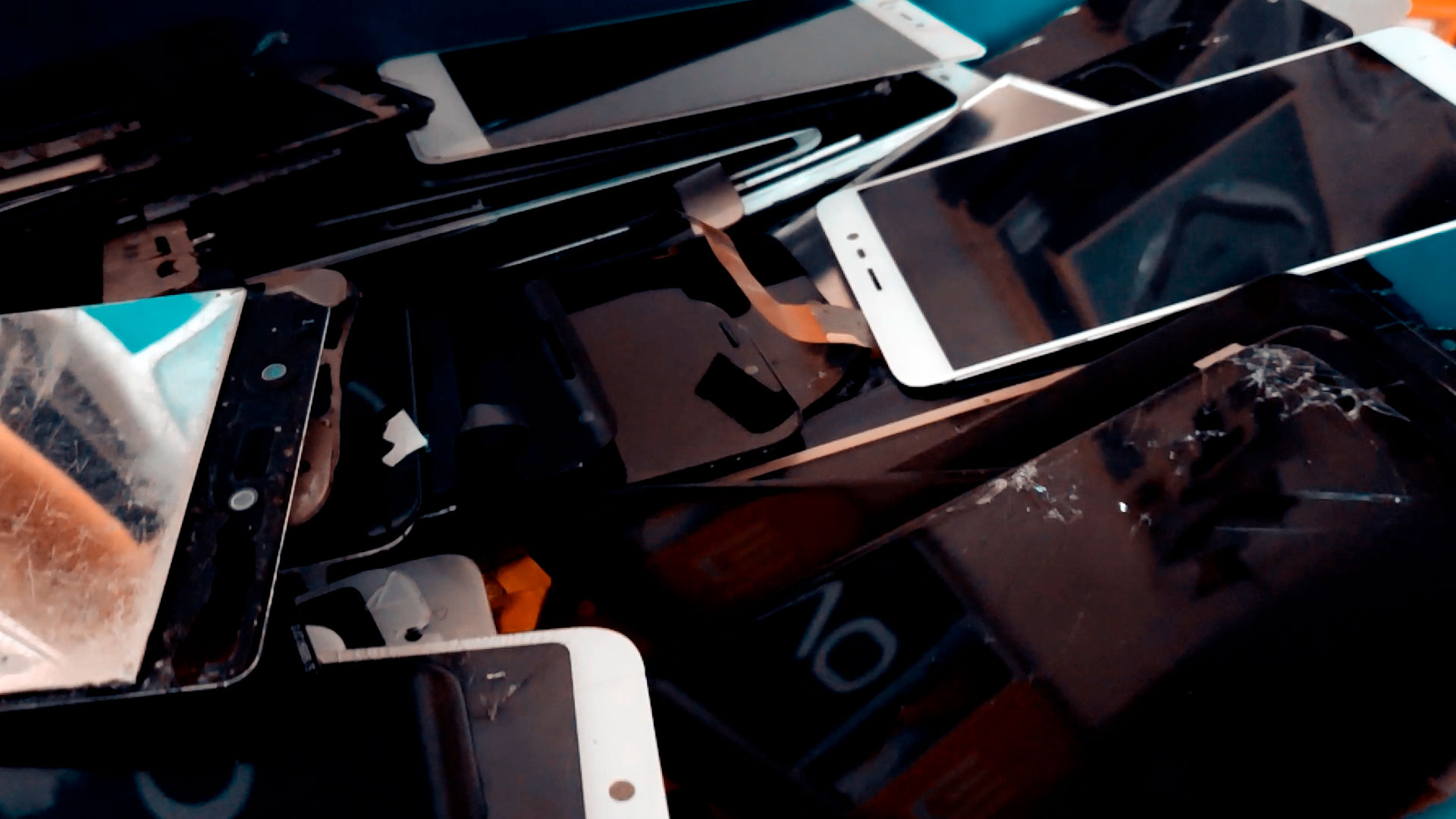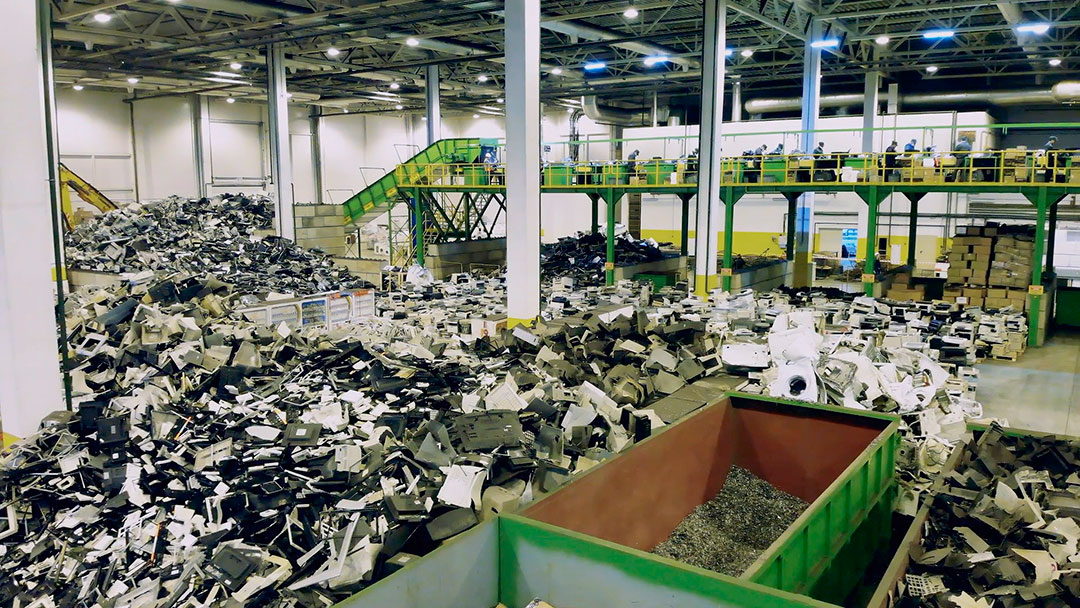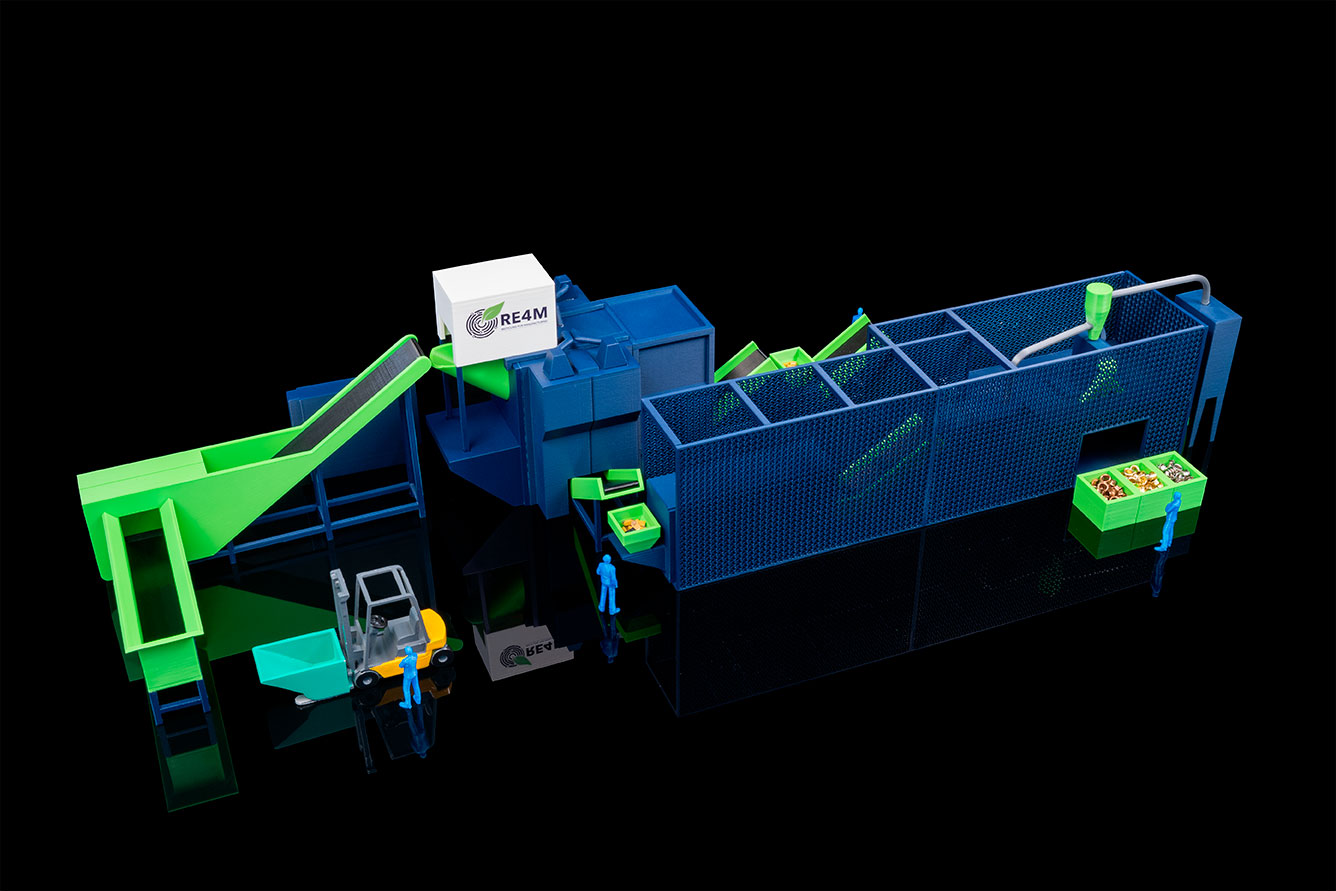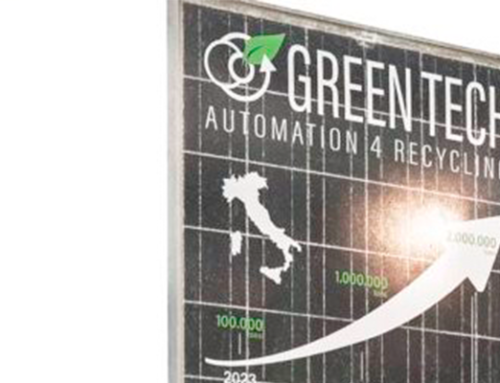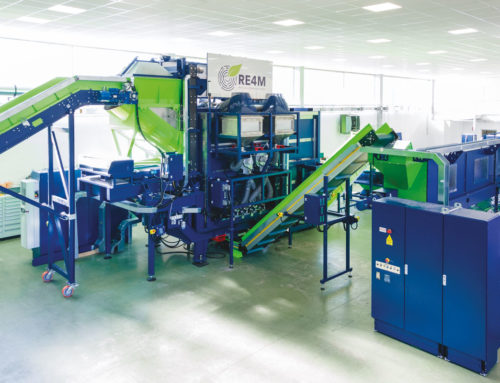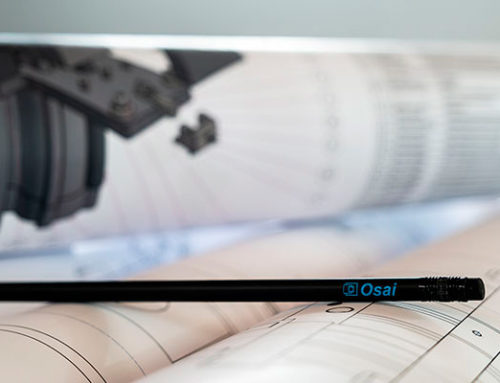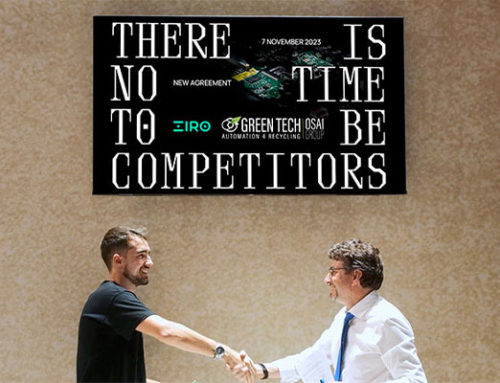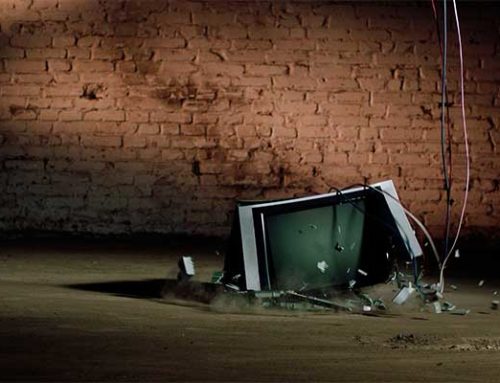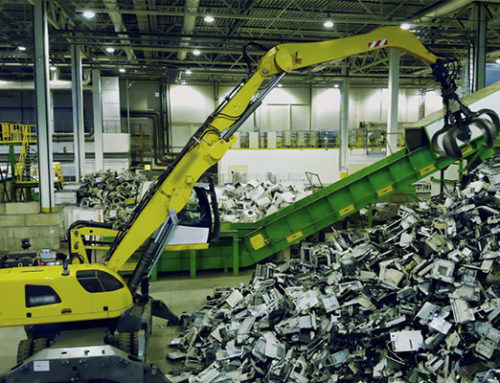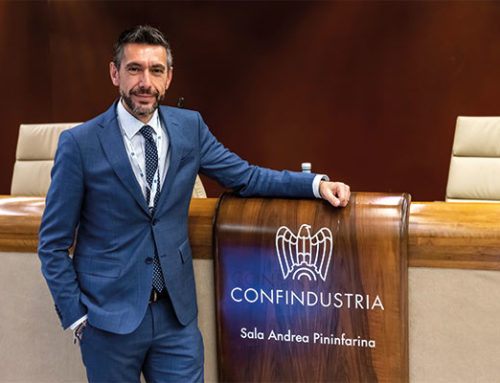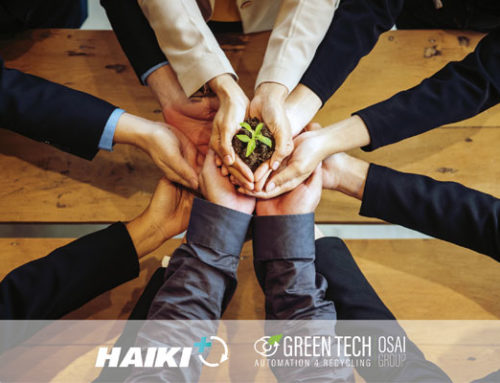The amount of Waste Electrical and Electronic Equipment generated globally is increasing at a rate of almost 2 million tonnes per year. It is estimated that the almost 60 million tonnes recorded in 2022 will become 75 by 2030. Europe, while leading in WEEE collection, is the continent that generates the largest amount per capita.
In the study “Opportunities for the WEEE sector within the Critical Raw Materials Act” conducted by the consultancy firm The European House – Ambrosetti in cooperation with Erion, the data released last June were updated and once again highlighted how WEEE, from which Critical Raw Materials can be obtained, represents an important alternative source of supply.
In recent months, the topic has also been dealt with by the European Commission, which, in the Critical Raw Materials Act published in March, set targets for 2030 regarding extraction, refining, recycling and diversification of supply for member states. Under negotiation between institutions, the European proposal opens up new scenarios for the ecological and digital transition and consequently new opportunities for our country as well.
Currently, Italy collects only 37 per cent of WEEE correctly, a rate that decreases even further when only and exclusively WEEE containing a larger amount of Critical Raw Materials such as mobile phones, laptops, tablets, consoles, and waste from Electrical and Electronic Equipment destined for administrative and economic activities is taken into account.
These wastes are a veritable urban mine and a plant capacity that matches the volumes of end-of-life products collected can reduce dependence on third countries for the supply of Critical Raw Materials and at the same time save existing material deposits, making the life cycle of materials more sustainable.
Moreover, recovering as much as possible of the materials already extracted in order to save existing deposits and make the life cycle of materials more sustainable is now indispensable and is also possible thanks to RE4M – Recycling for Manufacturing, an Osai GreenTech solution born from the experience gained by OSAI within the European ADIR project. The innovative system for the automated extraction and selection of electronic components destined for the recovery of critical and precious metals makes it possible to apply the best existing technologies and experience to the world of WEEE recycling, transforming waste into new raw material to be inserted into new production processes with a view to the circular economy.


